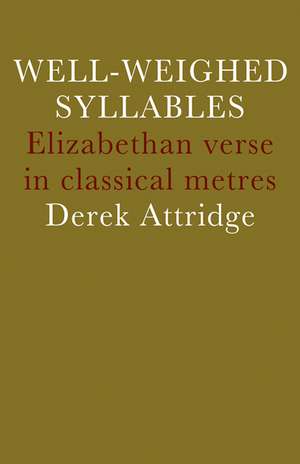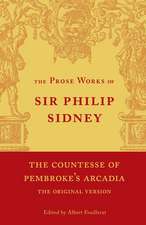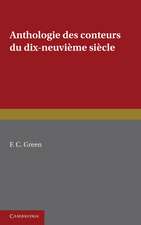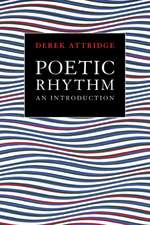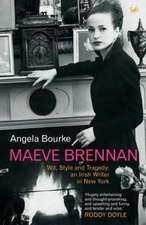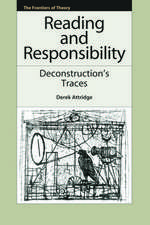Well-Weighed Syllables: Elizabethan Verse in Classical Metres
Autor Derek Attridgeen Limba Engleză Paperback – 5 dec 1979
Preț: 358.52 lei
Nou
Puncte Express: 538
Preț estimativ în valută:
68.60€ • 71.63$ • 56.65£
68.60€ • 71.63$ • 56.65£
Carte tipărită la comandă
Livrare economică 15-29 aprilie
Preluare comenzi: 021 569.72.76
Specificații
ISBN-13: 9780521297226
ISBN-10: 0521297222
Pagini: 268
Ilustrații: black & white illustrations
Dimensiuni: 140 x 216 x 15 mm
Greutate: 0.35 kg
Ediția:Revised
Editura: Cambridge University Press
Colecția Cambridge University Press
Locul publicării:Cambridge, United Kingdom
ISBN-10: 0521297222
Pagini: 268
Ilustrații: black & white illustrations
Dimensiuni: 140 x 216 x 15 mm
Greutate: 0.35 kg
Ediția:Revised
Editura: Cambridge University Press
Colecția Cambridge University Press
Locul publicării:Cambridge, United Kingdom
Cuprins
Part I. The Elizabethan understanding of Latin metre: 1. Problems of Latin prosody; 2. The Elizabethan pronunciation of Latin; 3. The Elizabethan reading of Latin verse; 4. Latin prosody in the Elizabethan grammar school; 5. Vowel-length, quantity and accent; 6. Continental discussions of Latin quantity; Part II. English Verse and classical metre: 7. Attitudes towards accentual verse; 8. The quantitative movement - causes; 9. The quantitative movement - magnitude; 10. The quantitative movement - characteristics; Part III. Quantative poets and theorists: 11. Uncompromising imitation - Richard Stanyhurst; 12. Scholarship and sensitivity - Sir Philip Sidney; 13. 'Our new famous enterprise' - Spenser, Harvey and Fraunce; 14. Four approaches to quantitative verse; 15. Theory and compromise - Puttenham and Campion.
Descriere
This book examines Sidney's statement that quantitative verse on the Latin model is more suitable than the accentual verse of the English tradition during the Renaissance.
